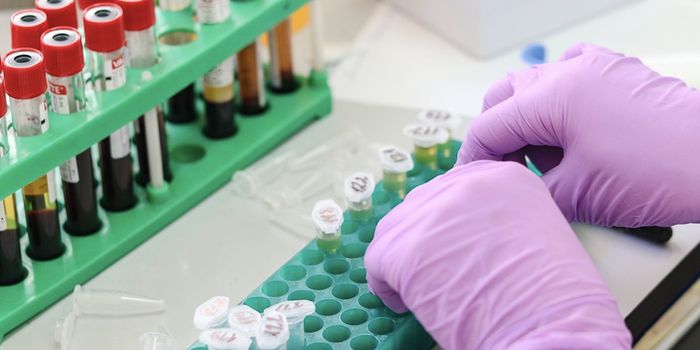How Stress Restructures the Brain
Stress doesn’t only exacerbate our physiology- from our cardiovascular system to our immune system and digestive system. Now, new research has found that it also may change how our brains develop.
For the study, researchers used mouse models to examine an area of the brain known as the cerebellum, thought to have a large role in regulating our emotions. As being stressed is known to encourage fearful memories, the researchers wanted to see if making mice anxious would alter the lengths of a certain kind of astrocyte called Bergmann glial cells (known to clear away dead cells) in this area of the brain. Adorned by long, thin branches known as ‘processes’, if this would be the case, the researchers hypothesized that the stress-induced retraction of these cells’ processes may encourage stress-induced memories to form and stick.
To test out their theory, they exposed mice to fox urine, their natural predator, to induce a fear response. Then, using brain imaging techniques, they observed how the Bergmann glial cells in their cerebellums retracted over the course of a few hours. In the end, they found that just one exposure to the fox urine was able to significantly alter the length of processes attached to their Bermann glial cells, and that these changes lasted for at least 24 hours.
Wanting to know how this happened, the researchers investigated the process further. Ultimately, they found that the synthesis of one of the proteins that makes up a glutamate receptor important for helping astrocytes extend their processes, known as GluA1, was suppressed after the mice were exposed to the fox urine. Although uncertain for now, the researchers suspect that the production of norepinephrine after exposure to the stressor may be responsible for the suppression of GluA1 production.
Although of course human brains are not completely analogous to those of mice, as many signalling pathways have survived throughout evolution, one of the study’s authors, Si-Qiong Lui, thinks that this mechanism may be relevant for humans too. Thus, thanks to these findings, she hopes that this pathway may become a target for drugs to possibly prevent and even reverse stress-induced changes made to the brain oneday.
Sources: Inverse, EurekAlert









